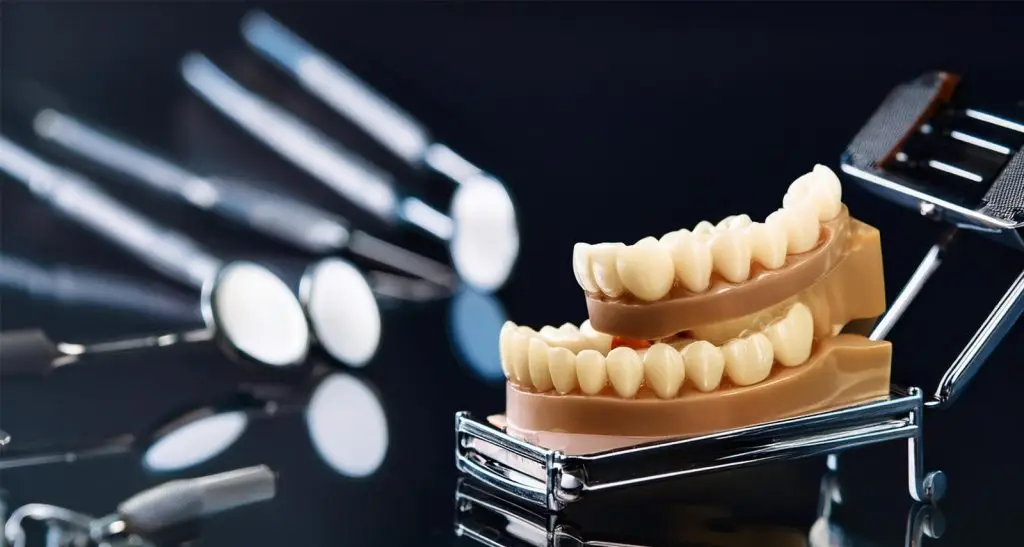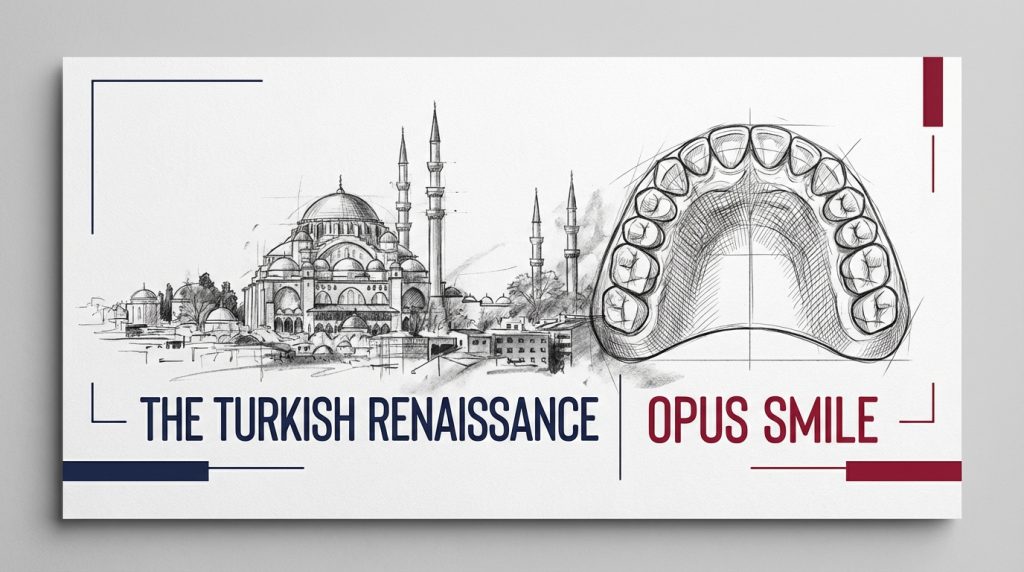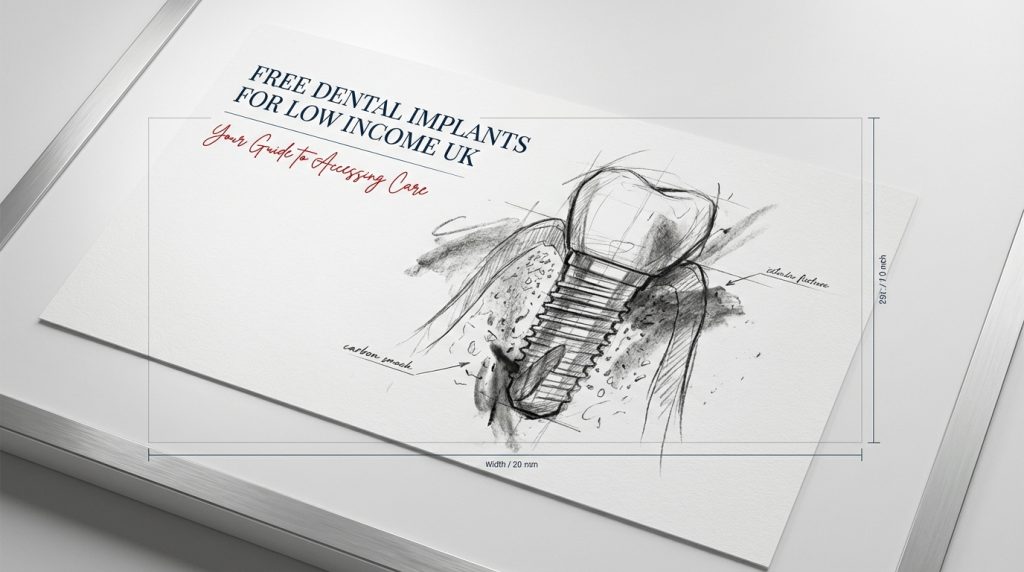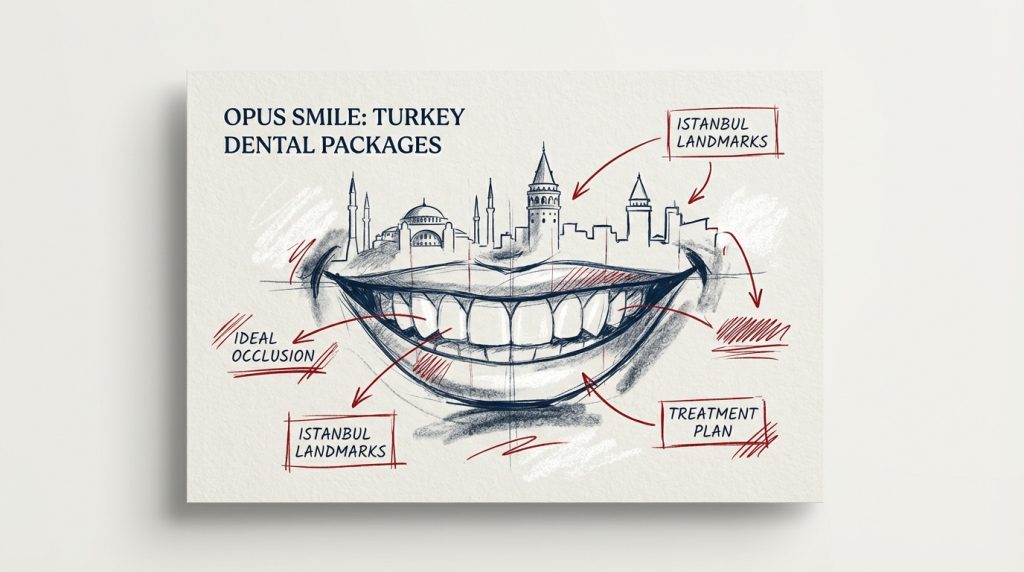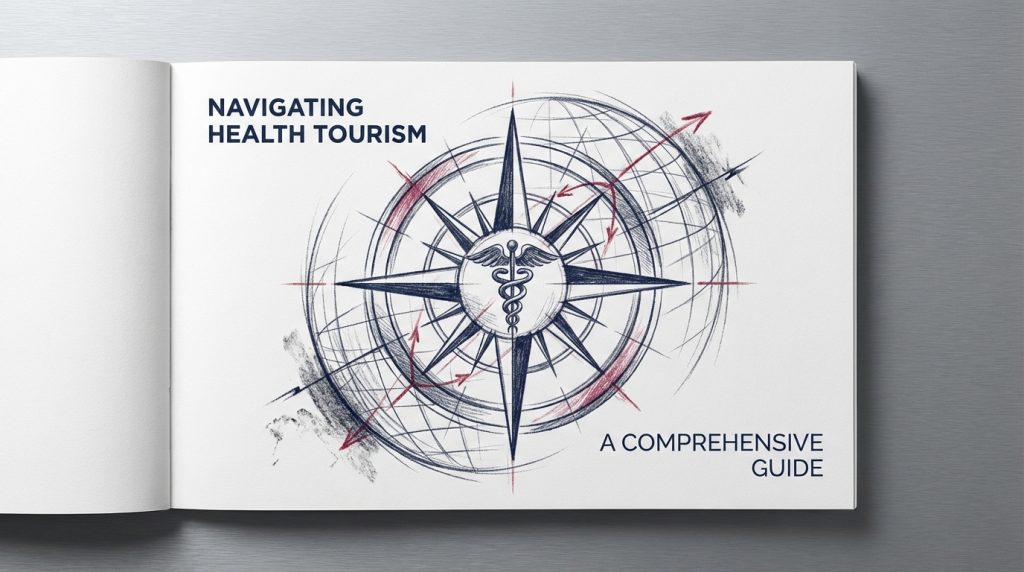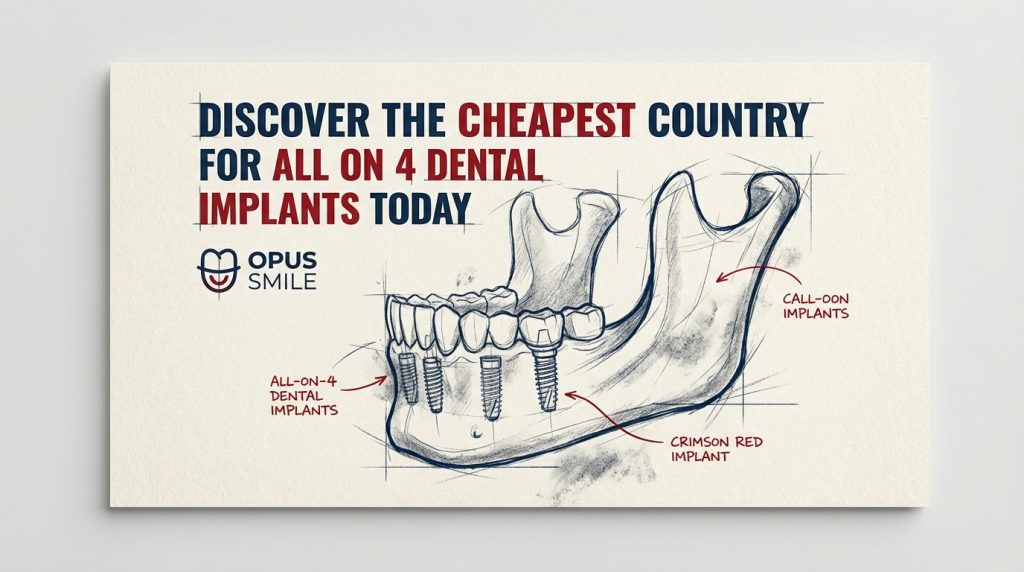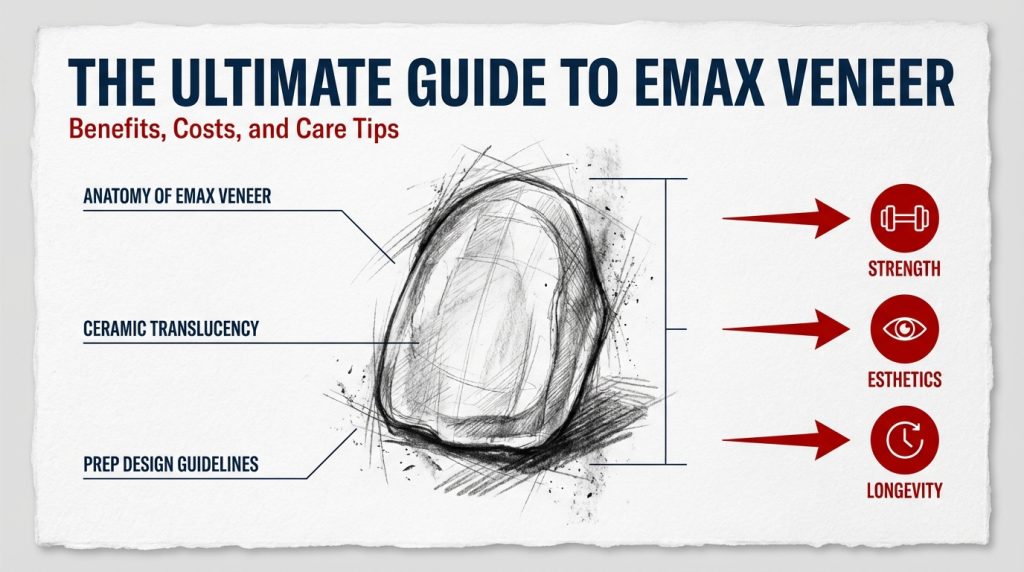Finding the best false teeth alternatives is essential for anyone looking to restore a natural smile without relying on traditional dentures. When it comes to replacing missing teeth, there are several modern solutions available that go beyond traditional dentures. With modern advancements in dentistry, there are now more innovative false teeth options available than ever before. These solutions not only have fewer teeth to improve oral health but also offer a more comfortable, aesthetic, and functional alternative to worn dentures.
For individuals with missing teeth or those experiencing issues with their traditional dentures, exploring denture alternatives can provide a new lease on life. From dental implants to partial dentures, the choice of alternatives depends on individual needs, oral hygiene, and budget.
Understanding the Need for Alternatives
The need for alternatives to traditional dentures arises from the limitations and drawbacks associated with conventional denture solutions. Traditional dentures can be uncomfortable, inconvenient, and may not provide the desired level of stability and functionality. Over time, dentures can lead to bone loss, gum recession, and changes in facial appearance, which can significantly impact one’s quality of life. As a result, individuals with missing teeth are increasingly seeking more advanced and comfortable solutions that can restore their natural smile and improve their overall well-being. Modern alternatives to traditional dentures offer innovative ways to address these issues, providing better comfort, functionality, and aesthetics.
Why Consider False Teeth Alternatives?
Traditional removable dentures have long been the go-to solution for replacing missing teeth, but they can come with challenges such as discomfort, difficulty chewing, and even mouth sores. While they provide a solution for many, advancements in modern dentistry have opened the door to more effective and comfortable options.
One of the main reasons to consider false teeth alternatives is the impact on your oral health. Traditional dentures may not always prevent bone loss, which can affect the shape of multiple teeth in your jaw and overall facial structure over time. Additionally, alternatives to dentures like dental implants or implant-supported dentures offer a more permanent and stable solution, promoting better oral hygiene and overall oral health.
Patients are now seeking out options that are more durable, natural-looking, and comfortable to wear, leading to a rise in the popularity of modern alternatives to dentures.
Dental Implants: A Permanent Solution
For many, dental implants are considered the gold standard when it comes to false teeth alternatives. Unlike artificial teeth or traditional dentures, which can be removed, dental implants are a permanent solution that mimics the function of natural teeth. They are surgically placed into the jawbone, creating a stable foundation for replacement teeth, whether it’s a single missing tooth or several.
One of the greatest benefits of dental implants is that they help prevent bone loss, maintaining the jaw’s structure and improving long-term oral health. By fusing with the bone, dental implants function act like natural tooth roots, ensuring that the surrounding existing teeth are not impacted. This makes dental implants not only functional but also beneficial for remaining natural teeth and overall facial structure.
For patients seeking a more natural, comfortable, and durable option, dental implants are an excellent choice. However, they do involve a surgical procedure and can be more expensive than other tooth replacement options, which is why it’s essential to evaluate your treatment plan carefully.
Implant-Supported Bridges
An implant-supported bridge is a type of dental restoration that combines the benefits of dental implants and traditional bridges. This solution involves placing one or more dental implants to support a bridge of artificial teeth. The implants serve as anchors, providing stability and support to the bridge, while the artificial teeth are designed to match the natural teeth in terms of shape, size, and color. Implant-supported bridges offer several advantages, including improved chewing efficiency, enhanced aesthetics, and preservation of the surrounding bone and tissue. By integrating the stability of dental implants with the practicality of bridges, this option provides a durable and natural-looking solution for replacing multiple missing teeth.

Dental Bridges: Filling the Gap
A popular alternative to both dental implants and traditional dentures is the dental bridge. Dental bridges are used to replace one or more missing teeth by anchoring an artificial tooth to the adjacent natural teeth. This solution is often less invasive than implants, as no surgical procedure is required, and it can provide a quicker, more affordable fix for gaps caused by missing teeth.
One of the key advantages of a dental bridge is that it doesn’t rely on the jawbone like implants, making it a suitable option for patients who may not have enough bone density for an implant or who want to avoid bone grafts. The bridge stays securely in place, and since it’s attached to the adjacent teeth, it can help restore a natural-looking smile while also maintaining the alignment of existing teeth.
Though dental bridges provide a stable and functional solution, they do require that the adjacent teeth are healthy and strong enough to support the bridge. Regular maintenance and oral hygiene are crucial to ensure the longevity of this solution.
Partial Dentures: A Removable Option
For those missing several teeth but not ready for full dentures, partial dentures offer a practical and flexible solution. Removable partial dentures are designed to replace a few missing teeth by attaching to the existing teeth, providing both function and aesthetics. Unlike dental bridges, partial dentures don’t require any modification of the surrounding teeth, making them a more conservative option.
One of the key benefits of partial dentures is their affordability. They are often considered a cheaper alternative to dentures or dental implants, making them an attractive option for patients on a budget. These denture alternatives can also be easily adjusted or replaced as needed, offering a degree of flexibility that permanent solutions like implants or bridges don’t provide.
However, like removable dentures, partial dentures require daily care and cleaning to maintain proper oral hygiene and prevent issues such as mouth sores or discomfort. While they can provide a natural look and function for missing teeth, they may not be as stable as dental implants or fixed bridges, especially during activities such as chewing.
Implant-Supported Dentures: Hybrid Solutions
Implant-supported dentures provide a hybrid solution between traditional removable dentures and dental implants. These dentures are secured by a few strategically placed implants, offering much greater stability compared to conventional dentures. This solution combines the best of both worlds: the convenience of removable dentures and the firmness of dental implants.
One of the major benefits of implant-supported dentures is their ability to combat issues like bone loss. By integrating with the jawbone, the implants help to maintain the jaw’s structure and prevent further deterioration. This is especially important for patients who have worn traditional dentures for a long time and experienced changes in their facial structure.
Unlike traditional dentures that can slip or cause discomfort while chewing, implant-supported dentures remain firmly in place. This makes them a great option for individuals seeking denture alternatives that offer better functionality and comfort. Additionally, they support better oral hygiene, as the implants help stimulate the bone and promote a healthier mouth environment.
However, it’s essential to note that implant-supported dentures do require a surgical procedure and involve a longer recovery period than regular dentures, but the long-term benefits often outweigh these short-term inconveniences.
Snap-in Dentures: Secure and Affordable
For patients seeking an affordable alternative to dentures that still offers stability, snap-in dentures are an excellent option. These dentures are designed to “snap” onto dental implants or attachments placed in the mouth, providing a secure fit without the need for adhesives. Unlike traditional dentures, snap-in dentures remain stable during chewing and speaking, offering greater confidence and comfort for the wearer.
Snap-in dentures are particularly appealing for individuals looking for a cheaper alternative to dentures that still provides the benefits of dental implants. They’re often less expensive than full mouth dental implants but still offer improved function compared to conventional removable dentures. They are also easier to remove and clean, making them a practical solution for many.
Patients who suffer from gum disease or have lost a significant amount of bone can also benefit from snap-in dentures, as they require fewer implants and can be a more comfortable option. With this system, patients can enjoy the freedom of having a secure, natural-looking smile while avoiding the common discomforts associated with traditional dentures.
Alternatives for Patients with Gum Disease
For patients with gum disease, finding an appropriate false tooth alternative to dentures can be challenging. Traditional dentures may not be suitable, as gum disease can cause discomfort, instability, and ongoing oral health issues. However, there are false teeth alternatives that cater to these specific needs while promoting healthier gums and a more secure fit.
Dental implants are often not recommended for patients with severe gum disease unless the condition is treated first, as the healthy gums would need to be strong enough to support the implants. Instead, options like snap-in dentures or mini implants may be better suited. These alternatives provide a more stable solution for patients with compromised gum health while requiring fewer implants.
Partial dentures or implant-supported dentures can also be viable options, as they exert less pressure on the gums compared to full removable dentures. For those looking for a cheaper alternative to dentures, snap-in dentures can provide improved comfort and stability without relying too heavily on gum health. However, it is vital to maintain excellent oral hygiene and attend regular dental check-ups to prevent further complications.
Addressing gum disease early and selecting the right denture alternatives can drastically improve both comfort and overall oral health.
Mini Implants: A Cheaper Alternative to Full Implants
For individuals looking for a more affordable option than full-size dental implants, mini implants offer a viable solution. Mini implants are smaller in size and less invasive to place, making them a cheaper alternative to dentures and full dental implants. They are often used to secure removable dentures or even as a solution for patients with smaller jaws or limited bone density.
One of the main benefits of mini implants is that they require a simpler, less invasive surgical procedure compared to traditional implants. This often means a quicker recovery time, making them ideal for those who want a tooth replacement solution without the lengthy healing process associated with regular implants.
Mini implants are an excellent option for stabilising partial dentures or snap-in dentures, offering greater comfort and functionality than traditional dentures alone. While they may not be as durable or long-lasting as full-size implants, they still provide an effective and affordable way to improve oral health and restore the look and feel of natural teeth.
For patients seeking a modern dentistry option with fewer financial and other surgical procedures and burdens, mini implants present a compelling denture alternative.
Full Mouth Dental Implants: Comprehensive Care
For patients missing most or all of their teeth, full mouth dental implants offer a comprehensive and permanent solution. This method involves replacing all the missing teeth with a series of dental implants that support an entire set of prosthetic teeth. Unlike traditional dentures, full mouth dental implants are fixed in place, providing a stable and natural-looking alternative that mimics the feel and function of natural teeth.
The procedure for full mouth dental implants requires the placement of several implants into the jawbone, which act as a foundation for the full set of replacement teeth. One of the significant advantages of this solution is that it helps prevent further bone loss, maintaining the facial structure and improving overall oral health. This solution is ideal for patients who want to avoid the discomfort and potential movement associated with removable dentures.
Though the initial cost and recovery time can be higher compared to other false teeth alternatives, full mouth dental implants are considered a long-term investment in improved oral health, and quality of life. Patients benefit from improved chewing ability, more natural aesthetics, and a permanent solution that doesn’t require frequent adjustments like traditional dentures.
Tooth Replacement for a Single Missing Tooth
When it comes to replacing a single missing tooth, there are several effective tooth replacement options available. The most common and durable solution is a dental implant, which serves as a permanent replacement for the missing tooth. This option involves inserting a small titanium post into the jawbone, which acts as a root for the artificial tooth. The implant not only restores the appearance of a natural tooth but also helps prevent bone loss in the area to replace missing teeth.
Another option for a single missing tooth is a dental bridge, which is typically anchored to the adjacent healthy teeth below. While a dental bridge doesn’t require surgery, it does involve modifying the surrounding natural teeth to support the bridge, which may not always be ideal for patients with healthy adjacent teeth.
For those looking for a more affordable or less invasive solution, removable partial dentures can also replace a single missing tooth. Although not as stable as an implant or bridge, a partial or removable denture can still restore function and aesthetics temporarily until a more permanent option is chosen.
Choosing the best solution depends on factors like budget, overall oral health, and long-term goals for tooth replacement.
Affordable Alternatives to Dentures
For those seeking an affordable alternative to dentures, there are several options that offer both cost-effectiveness and improved comfort. Partial dentures and snap-in dentures are popular choices for patients who want a stable solution without the high costs associated with full dental implants.
Snap-in dentures, for instance, provide better stability than traditional removable dentures, but at a lower cost than full implant-supported dentures. These dentures “snap” into place with the help of a few implants, offering a secure fit without the need for adhesives.
Another cheaper alternative to dentures is mini implants. While smaller than traditional implants, mini implants can still provide a durable foundation for dentures, especially for patients who may not have sufficient bone density for regular implants. They are less expensive and involve a less invasive procedure, making them a cost-effective solution for many.
For patients who are not ready for implants, removable partial dentures remain a low-cost and flexible option, especially for those missing only a few teeth. These dentures are custom-made to fit comfortably and blend in with existing teeth, offering a practical and affordable solution to tooth loss.
By considering these alternatives, many patients find affordable implant solutions that fit their dental needs without compromising comfort or function.
Benefits of Modern Alternatives
Modern alternatives to traditional dentures offer a range of benefits that can significantly improve the overall quality of life for individuals with missing teeth. Some of the key benefits include:
Improved Comfort and Stability: Modern alternatives such as dental implants and implant-supported bridges provide a secure and stable solution that can eliminate the discomfort and inconvenience associated with traditional dentures.
Enhanced Aesthetics: These alternatives can be designed to match the natural teeth in terms of shape, size, and color, restoring a natural and youthful appearance.
Preservation of Bone and Tissue: Solutions like dental implants help preserve the surrounding bone and tissue, preventing bone loss and gum recession.
Improved Oral Health: Modern alternatives can help restore proper oral function, making it easier to eat, speak, and maintain good oral hygiene.
Increased Confidence: By restoring a natural and confident smile, these alternatives can improve overall self-esteem and quality of life.
Common Myths About Wearing Dentures
There are several myths surrounding wearing dentures that often cause unnecessary concern for patients. One of the most common misconceptions is that dentures are uncomfortable and unreliable. While older models of traditional dentures might have been prone to slipping or causing mouth sores, modern advancements have drastically improved their fit, comfort, and functionality. Options like snap-in dentures or implant-supported dentures offer far more stability than earlier versions.
Another myth is that only elderly people wear dentures. However, many younger patients who have experienced tooth loss due to accidents, gum disease, or other factors opt for false teeth alternatives, including partial dentures or dental implants. Dentures and other teeth are now a versatile solution for people of all ages who are looking to replace their missing teeth.
It’s also a misconception that dentures completely replace natural chewing function. Although it can take time more teeth to adjust to removable dentures, many modern alternatives such as snap-in dentures provide a close replication of natural chewing forces, especially when secured by implants.
Lastly, some believe that dentures are the only option for replacing lost teeth. In reality, there are many different false teeth alternatives, including dental bridges and dental implants, offering patients a variety of choices based on their individual needs and preferences.

The Role of Oral Hygiene in False Teeth Alternatives
Maintaining excellent oral hygiene is critical for the success of any false teeth alternatives. Whether you opt for dental implants, partial dentures, or snap-in dentures, keeping your mouth clean is essential for long-term comfort and oral health. Poor hygiene can lead to complications like infections, gum disease, or even the failure of dental procedures, particularly with a dental implant solutions well-supported dentures.
For patients with dental implants, regular brushing and flossing are just as important as they are with natural teeth. Implants require the surrounding gums and bone to stay healthy, so maintaining proper oral hygiene helps prevent issues like peri-implantitis, a condition similar to gum disease that can lead to implant failure. Regular dental check-ups are also necessary to monitor the condition of both your implants and any remaining natural teeth.
Those using removable dentures or partial dentures must also clean their dentures daily. Dentures can trap bacteria, leading to mouth sores or bad breath if not cleaned properly. In addition, patients should care for the remaining teeth and gums, as they provide the support needed for these tooth replacement options.
Ultimately, adopting a consistent cleaning routine and visiting the dentist for regular check-ups can significantly extend the life and effectiveness of any false teeth alternatives you choose.
Choosing the Right Dentist
Choosing the right dentist is crucial when considering alternatives to traditional dentures. It is essential to select a dentist who has experience and expertise in providing modern dental solutions such as dental implants and implant-supported bridges. Here are some key factors to consider:
Qualifications and Experience: Look for a dentist who has the necessary qualifications and experience in providing modern dental solutions.
Technology and Equipment: Ensure that the dentist has access to the latest technology and equipment, such as 3D imaging and CAD/CAM systems.
Patient Reviews and Testimonials: Check online reviews and testimonials from previous patients to get an idea of the dentist’s reputation and level of care.
Personalized Care: Look for a dentist who provides personalized care and attention, taking the time to understand your unique needs and concerns.
Cost and Financing Options: Consider the cost of the treatment and the financing options available, ensuring that you can afford the solution that is right for you.
By carefully evaluating these factors, you can find a dentist who will provide the best care and help you achieve a natural, comfortable, and long-lasting smile with modern dental solutions.
Choosing the Right Option for You
When it comes to selecting the best false teeth alternative, the decision depends on several factors, including your overall oral health, budget, and personal preferences. Options like dental implants provide a long-lasting and stable solution for missing teeth, but they may not be suitable for everyone due to the cost or the need for sufficient bone density. In such cases, mini implants or snap-in dentures may offer a more affordable and less invasive solution.
For patients looking for a non-surgical option, dental bridges and partial dentures provide practical alternatives that restore both function and aesthetics without the need for implants. These options are particularly suited to individuals with healthy adjacent teeth who can support a dental bridge or complete dentures and for those who need a removable solution that fits in with their lifestyle.
It’s essential to consult with your dentist to create a tailored treatment plan that matches your specific needs. Factors like gum health, the number of missing teeth, and your desired level of comfort will influence which tooth replacement option is right for you. Many patients find that combining several methods, such as using dental implants to support removable dentures, offers the best blend of affordability and stability.
By weighing your priorities and working closely with your dental professional, you can find the most suitable false teeth alternative that will provide you with a natural, comfortable, and long-lasting smile.
